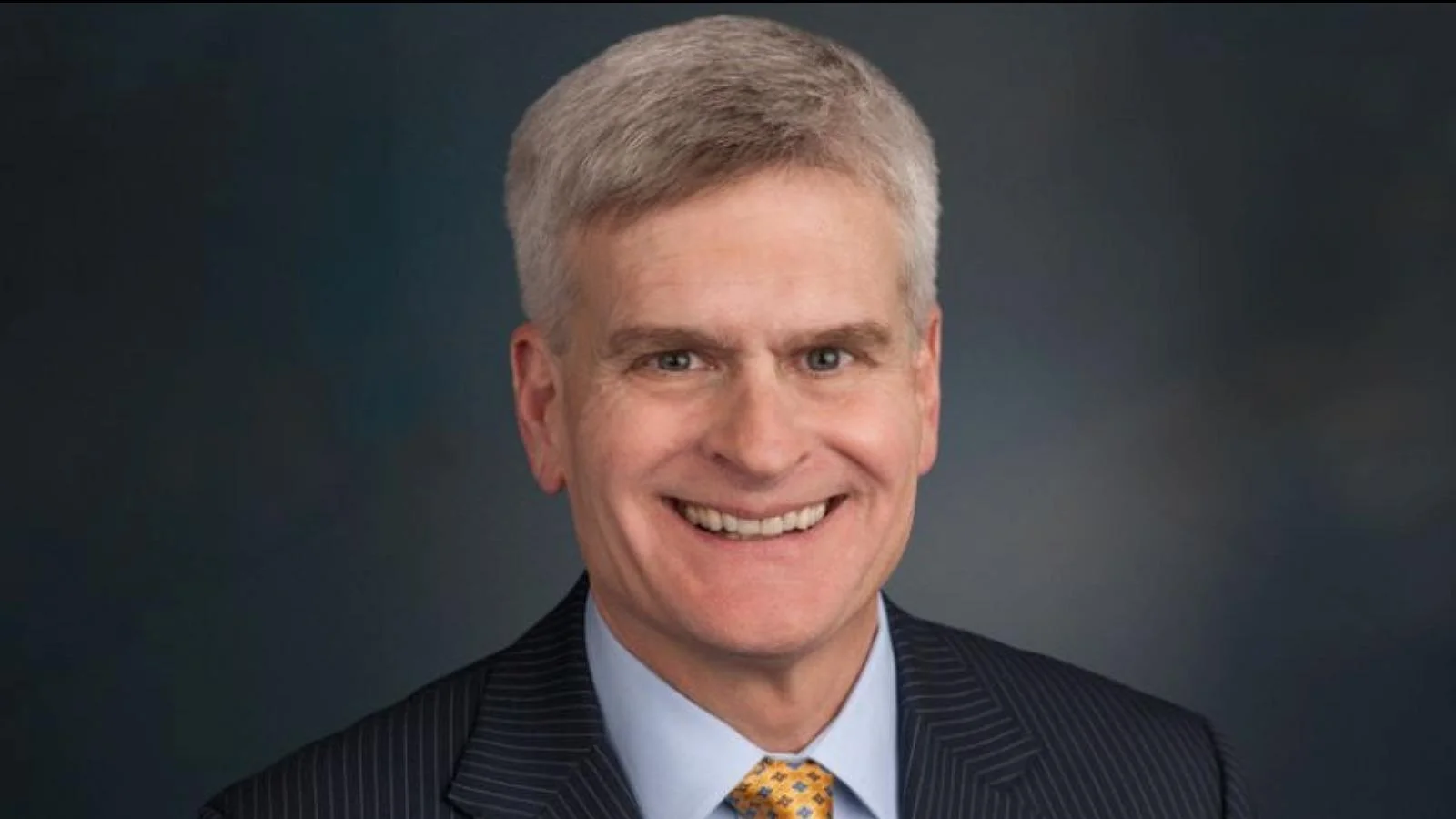U.S. Senator Bill Cassidy, chair of the Senate Health, Education, Labor, and Pensions (HELP) Committee, has raised concerns about allegations that Stanford University and the Stanford Graduate Workers Union (SGWU) required graduate students to pay union dues or agency fees under threat of termination. According to Cassidy, these payments support political positions such as abortion and taxpayer-funded gender transition procedures, which he says may conflict with some students' religious beliefs.
Cassidy stated his position in a letter sent to Stanford officials: "Student workers should not be compelled to spend their hard-earned dollars funding organizations that use those same funds to advance causes that violate deeply held religious beliefs," wrote Dr. Cassidy. "Forcing student workers to fund such activities has a chilling effect on speech and, presumably, would discourage students with certain religious views from applying to or attending Stanford University."
The senator's letter details reports that at least one graduate student was told he would lose his teaching assistant position if he did not pay union dues or agency fees. Since working as a teaching or research assistant is required for graduation at Stanford, refusal could prevent students from earning their degrees.
Cassidy requested information about how union membership interacts with degree requirements at Stanford and asked whether alternative options exist for fulfilling work obligations if a student refuses union membership on religious grounds. He also questioned why students must join a third-party organization in order to graduate.
The letter asks SGWU leadership for records of internal discussions regarding enforcement of dues payment and communications with both the United Electrical, Radio and Machine Workers of America (UE)—the parent union—and university officials. It seeks clarification on where authority exists within collective bargaining agreements for firing non-paying student workers.
Cassidy further pressed for details on what steps have been taken by both SGWU and Stanford University to protect students whose beliefs differ from those supported by the union’s policies. He asked what options are available beyond filing for Title VII religious accommodation under federal law.
Regarding Title VII exemptions, Cassidy cited language from the Civil Rights Act of 1964 stating that labor organizations should accommodate employees whose religious practices do not permit compliance with union-related financial obligations by allowing equivalent donations to charity instead of requiring dues payments.
He noted that while Stanford’s website lists possible accommodations—including seeking a Title VII exemption—there is no corresponding information on SGWU’s site. The senator questioned whether this omission was intentional policy or an oversight.
Cassidy also sought specifics about how eligibility for Title VII accommodations is determined by SGWU and what role UE plays in these decisions. He requested documentation related to evaluation methods used when considering such requests.
Finally, Cassidy asked why agency fees are set equal to full union dues despite providing fewer privileges than full membership.
Stanford University and SGWU have been given until October 9, 2025, to respond to the questions outlined in Senator Cassidy’s letter.









